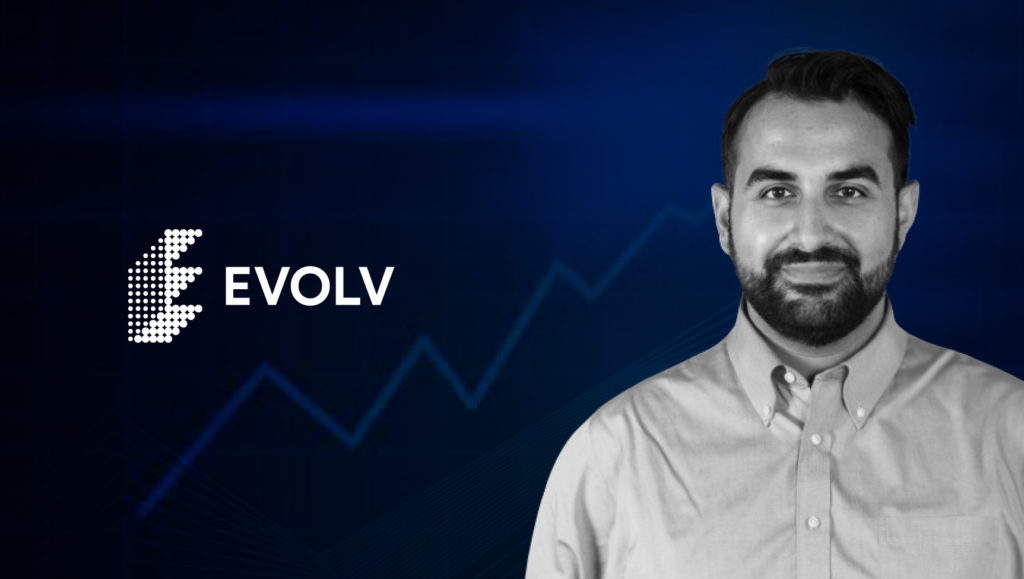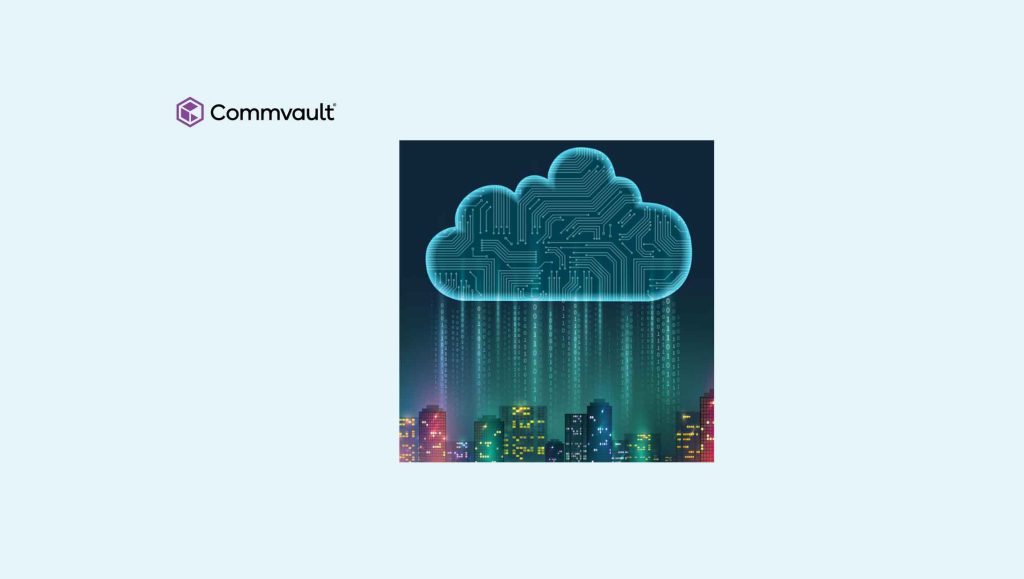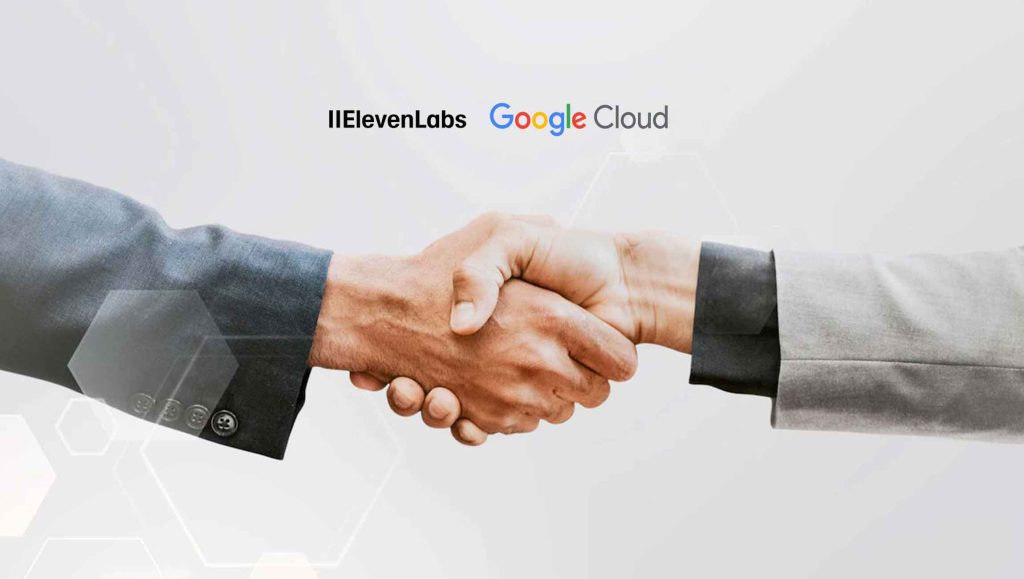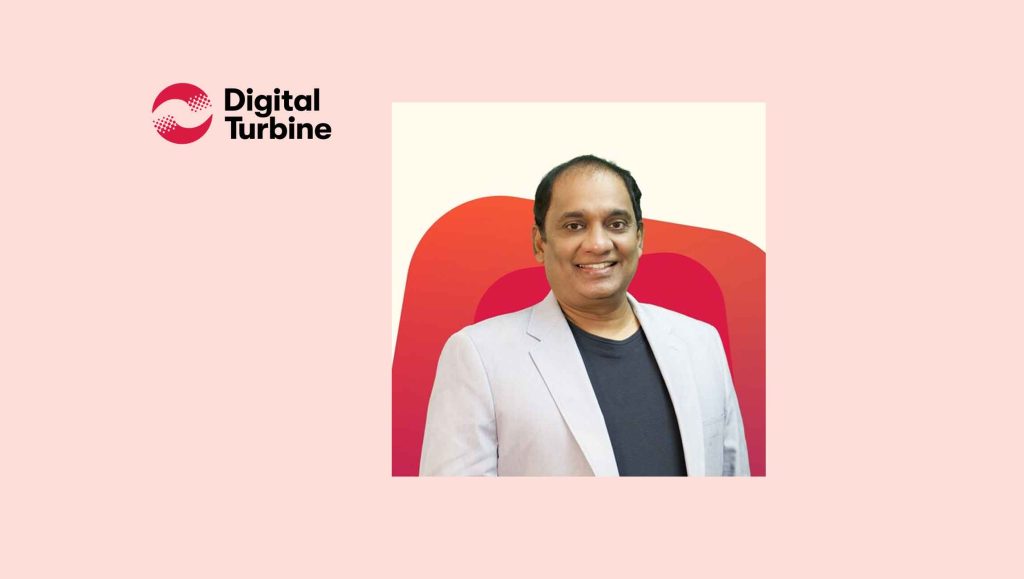Tell us about your role at Evolv and the team and technology you work with?
As Vice President of Customer Success, I’m responsible for ensuring our customers are able to realize the promise and the benefits of our Ascend autonomous optimization platform – namely, achieving outsized gains in conversion rates and revenues. Ascend uses evolutionary AI to both accelerate – by a factor of 10 to 50 – and automate the testing of new ideas for improving your customer experience. The more ideas you can try, the faster your results can improve, and the faster you learn as well.
Ascend is a powerful new tool for marketers and product owners, and we both complement and sometimes displace older-school A/B testing systems. Our approach is different, and it changes how teams can work to achieve their goals, so we place a strong emphasis on training and onboarding at every stage of the client discussion.
My team includes three types of individuals – and I should mention – we’re hiring! – These are solutions engineers, solutions architects, and customer success managers.
Our solutions engineers are focused on the technical activities before the sale is made, including any proof of concept pilots that we run. They are responsible for building demos, being the technical resource in sales calls, developing the technical deal strategy, implementing the POCs, and onboarding clients.
If the solutions architects are developing a new approach for any reason, the solutions engineer validates that solution. We look for client-facing engineers with a high level of skills in front-end web and mobile development.
Our solutions architects are even more technical than the solutions engineers and develop solutions for more complex client scenarios.
For example, if we’re doing a server-side deployment, where Ascend APIs are connecting directly to a client’s application (vs. testing in the user’s browser) our solutions architects would work with the client’s dev team to achieve the desired configuration. These architects are senior, full-stack engineers.
Our customer success managers are tech-savvy but generally not engineers – they manage our ongoing interaction with signed clients, and are focused on making sure they get the maximum benefit from our system. We look for producer/project manager personalities with an awesome organization and communication skills for these roles.
As a SaaS business, we rely on renewals to form the foundation of our ongoing growth, and the CS managers are the ones that make renewals happen.
In addition to our direct teams, I also work with various partners we have around the world – from the largest tech consultancies to the leading boutique conversion agencies – to package and deliver professional services, to complement the professional services work our teams handle directly.
Why did you go into Customer Success as a career? And what do you think makes for a successful Customer Success function at a Sales Technology software company?
I love my job…perhaps a bit too much if you ask my fiancée! It’s never dull, and while I work in what many would consider a stressful area, there are three tentpole reasons I love what I do.
The first is the ability to work directly with customers. I spent time as a software developer, but from my first days in sales engineering, I realized that I draw energy and joy from interacting with other humans, and the more, the merrier. My work with Evolv has afforded me the opportunity to make friends around the world, as our business is global.
The second is the technical component. I studied computer science at university and love the technical milieu – solving difficult problems and making things happen through code. While I value immensely the work that R&D teams do, for me, using the technology directly, to achieve real-world outcomes, gives me a personal sense of accomplishment.
The final reason is contained in the job title itself – customer success. My responsibility is to help our customers win, and our Ascend platform is remarkably effective in driving revenue and profit gains for our customers. Nothing makes me happier than a happy client (happy fiancée is a baseline)!
How do you make your own effort successful? It’s all about the people. Assuming they come with the needed technical and organizational skills, I look for that same passion I just listed – the passion to help customers succeed. I want my team to our customers first – always – and be the advocate of the customer with our product development team. If you’re like us, you’ll start off with generalists like me, and then move to specialization, with dedicated account managers and implementation engineers. And there’s no substitute for training your customer success team. You’re probably not investing enough!
Customer Success functions often seem similar to professional service offerings. Where do you draw the line?
- CS – onboarding, help them adopt, expand usage, get value from product
- Helping with specific ideation or execution – professional services
We’re pretty clear where the line is drawn. Our customer success team is responsible for onboarding, helping them adopt Ascend and build processes to take advantage of Ascend’s speed, and helping them get value from the product.
SalesTech Interview With Kevin Knieriem, Chief Revenue Officer At Clari
If, though, you want to get conversion strategies – building an experimentation roadmap informed by the data that’s available – or if you’re looking for a team to implement your ideas and run the platform for you, this is the stuff of professional services.
How do you see the overall landscape for experimentation and optimization within today’s enterprises? Is it changing?
The changes are profound. Companies are beginning to realize that their ability to experiment at scale is critical to their success relative to their competitors. We’re seeing the continued rise of conversion optimization as a career specialty (under a couple of different labels) and the development of centers of excellence in optimization inside of large enterprises whose job is to bring experimentation culture to every corner of the organization.
ROI is more in focus – previously those running testing would focus on learnings, vs. necessarily results. Some of the A/B testing platforms say “losing is winning” – since you learn something with every test, and most A/B tests (6 out of 7) fail to deliver an uplift. We think – as do more and more every day – that losing tests is just losing time, and this shift in mindset is fueling the demand for advanced, AI-driven solutions such as we offer with Ascend.
Validating and invalidating individual ideas – the old way of testing – is great, but to turn an experimentation program into ROI, you need to run lots of experiments. One of the beauties of our approach with Ascend is that you can scale up your experimentation programs into a true optimization program, with no addition to the staff.
The AI does the heavy lifting and allows your designers, analysts, and UX experts to achieve gains they wouldn’t have thought possible.
Another key trend we’re seeing is the rise of full-stack, server-side experimentation. In a recent presentation at the CXL Live conference (best US conversion optimization conference), Chad Sanderson of Microsoft discussed how they now test individual engineering code deployments, not just the stuff the marketing and product guys want to test.
Changing code, even if it doesn’t touch anything visual, can change the user experience, and full-stack experimentation gives you the ability to empower any team touching your product to be scientifically verified. We’re excited, as well, by how server-side optimization creates new use cases, from optimizing your search and recommendation algorithms to online-to-offline conversion optimization and beyond.
Sales Technology News: Foleon Announces Zapier Integration
What are steps that companies can take if they want to advance their maturity level in experimentation and optimization?
If you’re going to approach this strategically, you’ll need to build out a team of in-house specialists, across the key disciplines that drive optimization – UX experts, analytics experts, behavioral psychologists, designers, copywriters, and producers. If you don’t have a team, you can’t mature them.
You don’t need the whole team to start – there are expert agencies that know how to optimize experiences and focus solely on that pursuit. The leading agencies in the field realize that optimization functions are moving in-house, at least among the big enterprises, and, being savvy operators, are shifting their models to train internal teams in their practices, and in training top executive management on how to shift to an experimentation and optimization culture.
There are some great conferences that provide broad practical knowledge in techniques – CXL Live, Conversion Hotel, and Growth Marketing Summit, to name a few. And online resources such as marketingexperiments.com and https://conversionxl.com/institute/ and https://wheelofpersuasion.com/course offer excellent content and courseware – some free, some paid – in how to increase your maturity level in experimentation.
Read Also: Conviva Q1’19 Streaming TV Data Confirms Accelerating…
Who is an ideal customer for your products? Why?
Everyone can benefit from doing more experimentation.
Ascend is an advanced optimization and experimentation solution, so it’s not right for everyone. You need a certain amount of traffic and conversions to leverage our AI-powered approach – we generally look for 5,000 conversions per month as a baseline. Below that level, Ascend can be effective, but experiments will take longer.
Our solutions have been used by media companies to optimize engagement time, and we can optimize on any key metric. It’s easiest to show the business case, of course, when we’re driving double- or triple-digit gains in revenues through a sales funnel (or in value through a lead funnel). So we look for companies with a high transactional orientation.
Finally, we’ve seen that a level of maturity in experimentation is needed for the best outcomes. If companies don’t have the experience, we can help provide this through our own professional services and in league with our expert partners. But if you don’t have experience, and you’re not willing to invest in building it, or outsourcing it, it is likely you will not be able to successfully use Ascend’s capacity for optimization.
Our primary verticals are retail, consumer financial services, telecom service providers, and lead generation businesses. But, we’ve worked with media companies, cigar cellars, streaming music services, and we’re now working on optimizing our first baseball team site! If your digital experiences – web, and mobile – are driving $10 million or more in value, and if you have experience in testing, we’d love to talk.
Recommended: SalesTech Interview With Vedran Rasic, CMO At Autoklose
Which tools do you use to manage your day to day interactions with customers, and your life in general?
We use Intercom for onboarding, ticket and chat, Zoom for video conferencing, Athena and Kabana for data spelunking, and Asana for project management. We work in JavaScript, CSS and HTML, and know React, Angular, Vue and other popular single-page-application frameworks. Wunderlist is my personal go-to for to-do lists, and Evernote is a life-saver for me – an extension to my memory. Coinbase is one of my favorite personal apps – been doing pretty well in crypto.
If you hadn’t gone into customer success, what would your chosen career path have been?
I spent my early years after college working in as a DJ and music producer, played shows in Vegas at the Wynn, Tao and in OC. In the summers, I would DJ at clubs in Ibiza…which I still do from time to time.
So, if this AI thing turns out to be a bust, I can always fall back to DJing. Doesn’t seem likely, though!
Thank You, Sam, for answering all our questions. We hope to see you again, soon.
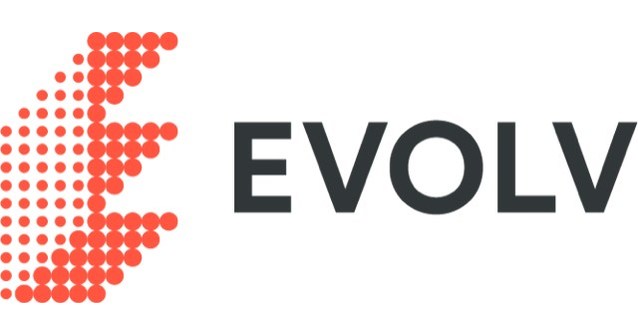
Evolv was originally spun out from Sentient Technologies, one of the world’s most prolific artificial intelligence companies with a 10-year track record of groundbreaking research in evolutionary algorithms. Today, Evolv develops and markets commercially focussed, high-value software for the enterprise.
Our flagship product, Ascend, is deployed on hundreds of websites worldwide.
We are headquartered in the South of Market district in San Francisco with a growing team and an ever-growing list of clients and partners that are truly passionate about our capabilities and vision.
Sam Nazari is Vice President of Customer Success at Evolv Technologies, a company defining autonomous optimization for the digital era. Using breakthrough artificial intelligence, developed over the course of ten years, Evolv helps enterprise customers continuously optimize their digital KPIs and meet their goals and objectives.
The company’s flagship product, Ascend, is used today by recognized brands around the world to improve experiences across web and mobile.

